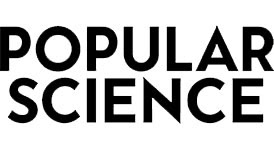Chemycal has been acquired by 3E
Learn MoreChemycal has been acquired by 3E
Learn MoreDiscover how Chemycal PRO helps you boosting your regulatory monitoring:

A cross-country tour of dry cleaners and local laundromats isn’t most people’s dream vacation. But Diana Ceballos, a research scientist in Harvard University’s environmental health department, is always angling for a chance to peek behind the counter.
An expert in the industry's occupational health hazards, Ceballos has worked with dry cleaners in Seattle, where 80 percent of operations are owned by Korean families, and visited Tide-branded brick and mortars in the midwest that offer 24-hour concierge fabric cleaning services. (“They’re very fancy!” she says.)
Big or small, she knows each storefront serves the same core purpose: to take in well-loved fabrics, and return freshly-pressed linens, garments, and rugs free of stains. The problem is, despite its name, dry cleaning is actually a very dirty business—capable of poisoning the people who work the machines, and leaking toxic chemicals that spread into the surrounding community.
CONTINUE ON www.popsci.com
2013 © MyChemicalMonitoring. ALL Rights Reserved. About Us | Terms and Conditions